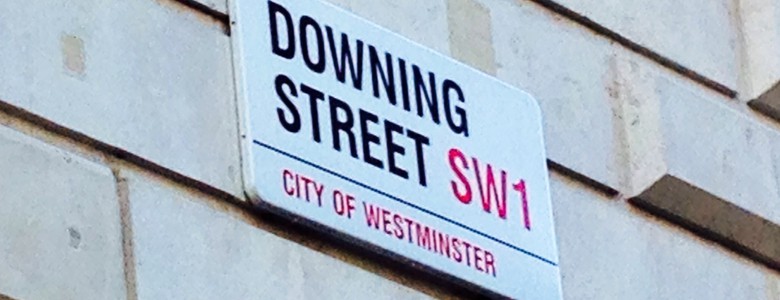
It is very disappointing to be writing this piece today, as I’m reporting on events that are largely (but not entirely) self-inflicted.
As I’m sure you are aware, there has been a severe loss of confidence on behalf of international investors in the UK economy revolving around our ability to service our debts. At the end of the day, our national debt is financed by international investors and we have to offer attractive and safe returns to borrow their money.
The blow to the UK’s credibility dealt by government ministers who ignore structures designed to protect our reputation for prudence and responsibility – and even fire senior government officials because their views are unwelcome – has economic and financial consequences.
As a result of the mini-budget, the Financial Times believes UK interest rates are around 1.0% higher than they would have been. At one point, sterling was some 5.0% lower than it would have been.
Sterling has since recovered due to action by the Bank of England (BoE), which, unfortunately, has had to take emergency action which is contra to their stated aim at present – namely bringing inflation under control. Some of the falls over recent months reflect the strength of the US dollar, although we are well down on the value of the euro, too, which is also a weak currency at present.
The global economic backdrop is also unfavourable, so it’s not a good time to have a domestic crisis.
We had several changes to the HA&W portfolios lined up last week and had to scrap these as market volatility made it dangerous to trade. Prices in these circumstances can move enormously. We will review these potential changes as the dust settles.
As I’m sure you are aware, this year has been tough for investors. We positioned portfolios in the new year for what we thought would be the first recession since 2008, but it has been exceedingly challenging. The portfolio components which are used to reduce investment risks have fallen significantly in value. So, what did we do?
We:
- Increased weightings to cash (or near cash) in all portfolios
- Reduced the duration of the bonds we hold (so they are less sensitive to interest rates)
- Introduced a “real return” component, which is a manager who can include downside protection in their fund
- Bought four funds which are deemed to be more defensive as they allocate to companies that are not in the “high growth” market sectors. These funds invest in the UK, the US, and Europe.
Customers with passive solutions managed directly by Parmenion had the benefit of the following changes:
- A reduction in exposure to the UK gilt market with a higher allocation to global bonds (primarily US Treasuries)
- A reduction in property exposure to infrastructure, short-dated bonds, and real return funds (mentioned above).
And yet, for all of this, investment returns have been poor.
The main reason is that the UK investment management industry tends to invest in companies that offer growth, yet these are the businesses whose shares have fallen the most.
In the UK, the companies that make up our index (the FTSE 100 share or All share), include some of the world’s biggest oil and mining companies. They have proved to be great places to invest due to Putin’s war, and yet are generally avoided by investment managers as the long-term growth prospects are regarded as poor.
Some of the managers we use, mentioned in the list above, haven’t delivered what was expected. For example, a fund investing in short-duration index-linked bonds has fallen in value, at exactly the time when you would expect it to be making hay!
There is one silver cloud. The sterling weakness I touched on above supports the value of both UK and international equities. In the case of foreign shares this is obvious; as the value of sterling falls the value of anything in a foreign currency rises. Thus, the 20% fall in the value of US shares is almost wiped out by the fall in the value of sterling this year.
The second, less obvious point, is that the UK market earns 70% of its profits overseas. Again, this effect is enjoyed by the nation’s largest companies (oil companies are a great example as BP and Shell’s revenues are almost 100% in US dollars as the global oil market operates in this currency). Once again, as sterling falls, the value of the UK market is supported.
At the end of the day, the trade you make to enjoy higher investment returns is volatility.
I expect things will actually get worse before they get better but get better they will. In my 40-year career, I have worked through Black Monday (1987), the dotcom bust (1999), and the Credit Crunch (2008). The one thing I expect when managing investments is change. Things change for the worse and they change for the better, and sometimes they just change.
If I could accurately forecast market movements, we or Parmenion would park clients in cash during the bad periods, but we can’t do this. Nobody can. The best we can offer is a nudge on the tiller and sensible diversification so losses aren’t too severe in the bad times and participation in economic growth occurs in the good times. We will revert to the latter at some point.
Please call your financial planner if you wish to discuss your investments at any time.
Best wishes,
Jim
Jim Aitkenhead BA(Hons)Econ FCII APFS ACSI
Chartered Financial Planner


